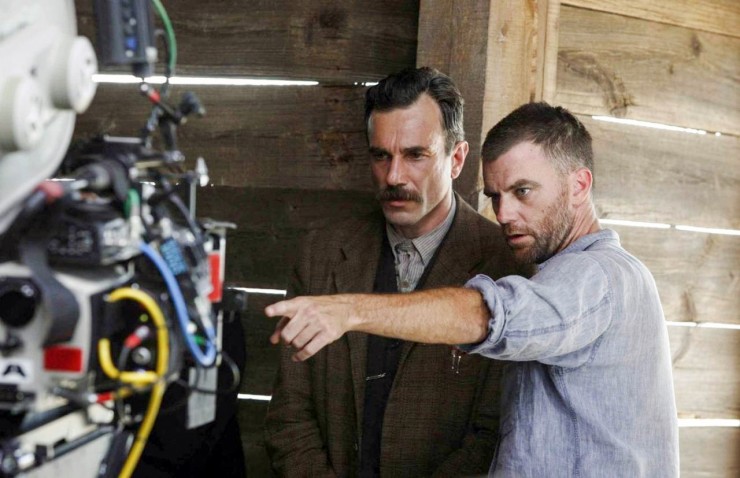
The person directing a film is not always necessarily involved in writing it. There have been many great directors who have chosen to only direct the films that other people write, but there are also directors who want to make film so personal that they also become screenwriters. These directors then create unique worlds and develop a unique style that displays their view of the world, and the topics that trouble and puzzle them.
Here is a list of 10 legendary directors who are also world-class screenwriters. Which director who also writes their own films is missing from this list and should be on it??
1. Ingmar Bergman
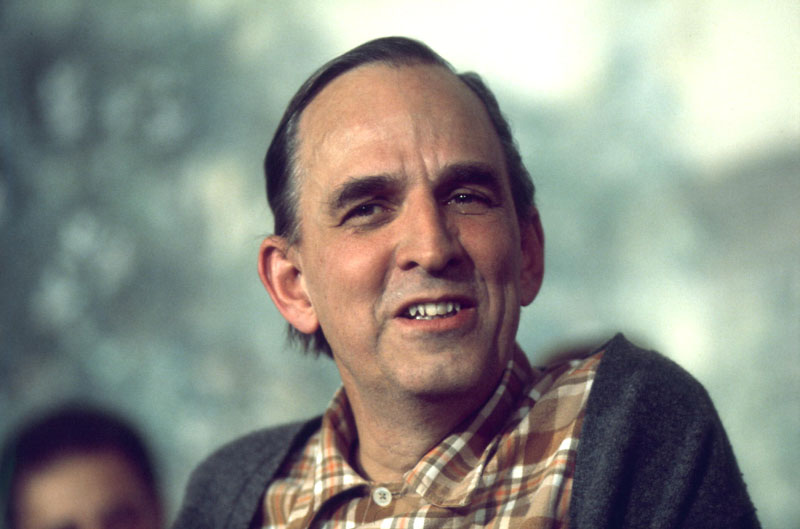
The legendary Swedish director had a complex and troubled childhood that shaped the interest that would later be seen in his cinema. Ingmar Bergman was a filmmaker who was interested in the existential dreads of the human condition, with topics such as a silent god, the investable dead, and the line between reality and fiction, as constants in his films, among other subjects.
Bergman was able to create characters with a profound knowledge of the human condition, to display relationships that showed the darkest aspects of human beings and to create powerful symbols that reveal life in a unique manner.
Bergman wrote his own films, which were always extremely personal and uncompromised. His mature and pessimistic writing can be seen in films such as “The Seventh Seal” or “Cries and Whispers,” where the characters face the idea of death, sometimes as a disease or sometimes as a character that becomes a personification of it.
His profound understanding of the human psyche can be seen in films such as “Persona,” in which the interaction between two characters displays a complex tension of desire, hatred and self-reflection; or in “Wild Strawberries,” where the conception that a man has of his life is slowly transformed through the film. The films of Bergman are films of human interactions and relationships, seen by the unique lens that Bergman created in each step of the film.
2. Krzysztof Kieślowski

Polish filmmaker Krzysztof Kieślowski was a director who should have had the possibility to make more films, and whose films stand as the most profound and precisely crafted film legacies in the world. He had a unique collaboration relationship with Krzysztof Piesiewicz; they would both be screenwriters of the Three Colors trilogy, “The Double Life of Veronique” and “Dekalog.”
Using the tools of screenwriting and the control that directing a film implies, Kieślowski created films with ambiguous symbols that would transform, and also deeply and carefully build characters to display a pessimistic and critical view of life.
With films such as “Three Colors: Blue,” Krzysztof Kieślowski’s talent to create complex psychological tales can be seen, and also the ability to convey the psychological transformation through expressive and ambiguous symbols. In this film, the process of liberating oneself of a profound wound through which the past becomes present is conveyed through the character played by Juliette Binoche.
In other films such as “Three Colors: Red,” or in several episodes of “Dekalog,” elements were used to create a different perception of the past. Indeed, Kieślowski is a filmmaker who, through screenwriting, was able to create tales of humanity through complex symbols exclusive of film language.
3. Jim Jarmusch
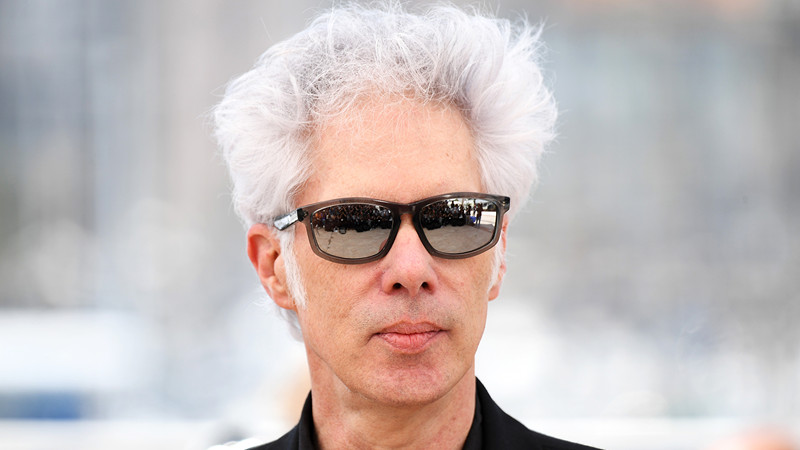
One of the greatest contemporary independent filmmakers, Jim Jarmusch, works under a scheme that allows him to write his own films, which always display unique charades: from the gangster who works under a samurai code of honor, to an Italian man who convicted in the United States, and even to a hundreds-year-old vampire who has meet Lord Byron and lives in Detroit.
Jarmusch has created a unique world full of fantasy through which he reveals the most tragic and beautiful aspects of the human condition. His works are a beautiful combination of classical cultural references and contemporary underground culture ones.
An aspect that is constantly present in the works of Jarmusch is that of the human connection and understanding, whether it is the relationship between vampires Adam and Eve in “Only Lovers Left Alive,” or the connection between Zack, Roberto and Jack in “Down by the Law,” Jarmusch’s films constantly celebrate the moments of understanding between human beings.
The films are also full of symbols, but symbols that are built in the world of the film: simple actions such as seeing a man build a boat on his rooftop, or going separate ways in a road become extremely meaningful by the way in which Jarmusch writes them.
4. Michelangelo Antonioni
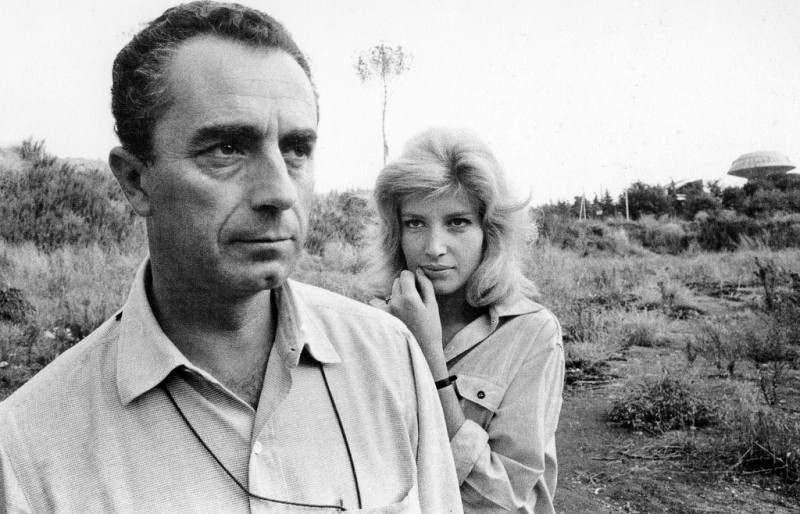
When Michelangelo Antonioni received an honorary Academy Award, Jack Nicholson explained beautifully the importance of Antonioni’s work for cinema. In Nicholson’s world, while many films celebrate the understanding and connection of human beings, Antonioni mourns with great beauty the failure to connect in the modern world.
Here is a filmmaker who see our lives from a pessimistic viewpoint, creating tales of desolation, loneliness, and exhaustion. Nicholson said that his films are metaphors of the human condition in which silence becomes extremely meaningful, and indeed it is through silence that Antonioni managed to express many undecipherable aspects of our condition.
Through his career, Antonioni collaborated with many legendary screenwriters to create the scripts for his films, and one of his most frequent collaborators was the great visionary Tonino Guerra. During the 1960s, Antonioni was one of the names that got Italian cinema recognized as one of the innovative and original cinema industries in the world.
His films are full of unreal and metaphorical episodes, such as the silent tennis match in “Blow Up” in which the protagonist slowly enters the game. There are also extremely painful moments in which the desolation of a relationship is fully described, such as the ending of “La Notte” when a letter is read aloud to a man who does not remember writing it.
5. Rainer Werner Fassbinder
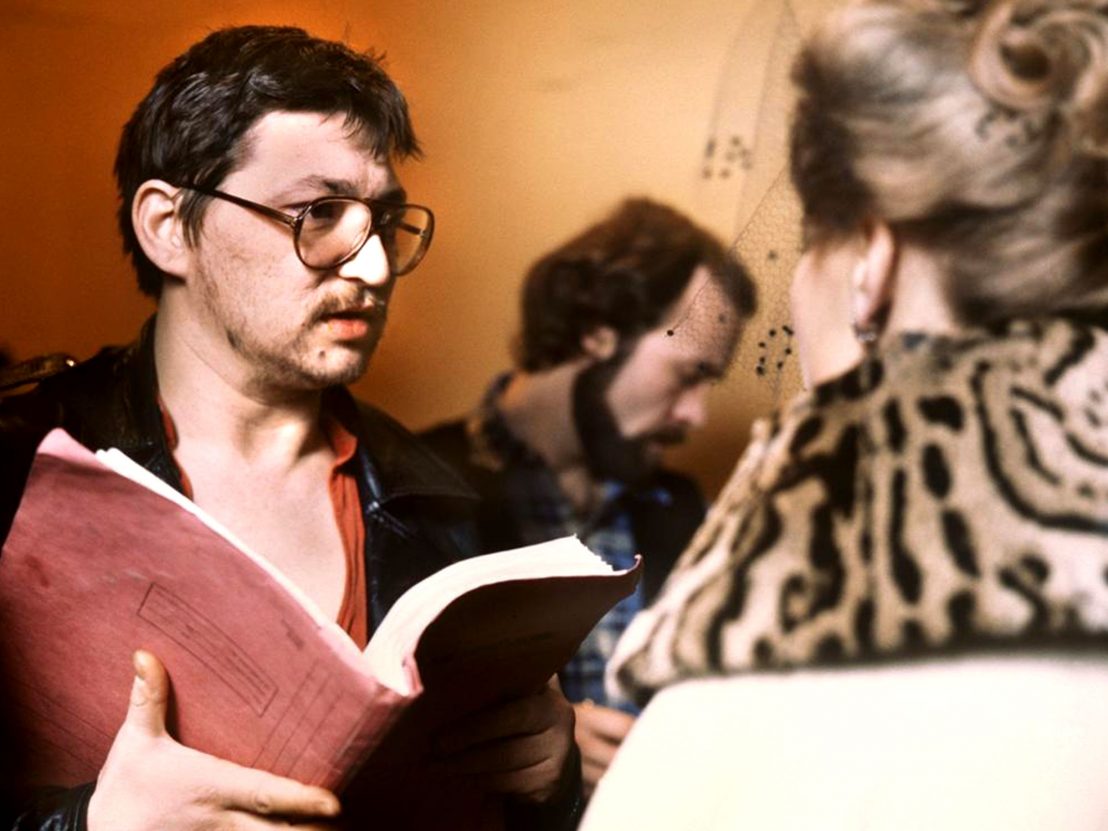
Rainer Werner Fassbinder was a filmmaker who did not work for many years, but did make many films in those years. He made films almost compulsively, as if he felt an urgent necessity to put his stories on the screen.
As one of the biggest admires of Douglas Sirk, he wrote melodramatic stories in which the sorrows and joys of love were exalted to the maximum. But his were not conventional love stories; the sexual diversity of his films made his cinema very subversive for the moment in which they were made. Fassbinder was both a groundbreaking screenwriter for the uncompromised way in which he showed relationships and was also extremely influential also for this.
Also influenced by the work of Bertolt Brecht, Fassbinder wrote his films with a degree of detachment that allowed the viewer to see the circumstances of the characters with a more distanced perspectives with techniques such as the dance number in Gouttes d’eau sur pierres brûlantes.
He was educated in the theater tradition, and thus he focused his film on the organic development of relationships, many times being able to tell complex stories with reduced conditions such as keeping the story in just one room.